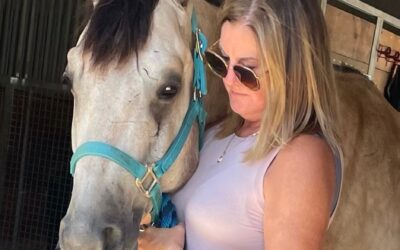How the high “C” works with . . .
High “D”
During stressful times and conflict the High “C” might:
- View the High “D” as argumentative, dictatorial, arrogant, domineering, nervous, pushy & impetuous
- Become defensive
- Tension: High “C” focuses on detail; High “D” sees the “big picture”
To Have An Effective Relationship:
- Must have direct communication; deal with issues in a straightforward manner; negotiate commitments and goals on an equal basis
High I:
During stressful times and conflict the High “C” might:
- View the High “I” as egocentric, superficial, overly optimistic, glib, too self-assured, and inattentive.
- High “C”s pessimistic attitude dampens High “I”s enthusiasm
- Highlight possible dangers and problems.
- Insist in obtaining all the facts and details.
To Have An Effective Relationship:
- Be friendly, complimentary, listen to ideas, and recognize High “I”s accomplishments.
High S:
During stressful times and conflict the High “C” might:
- View the High “S” as impassive, apathetic, too accepting and lenient, possessive, & complacent
- Agree with the High “S” importance for cooperation
- Be concerned that High “S” is not precise enough
- Ignore the “S”s need to develop a relationship
To Have An Effective Relationship:
- Be amiable and relaxed. Work at establishing a friendship with the High “S”. Show appreciation for tasks well done
High C:
During stressful times and conflict the High “C” might:
- Most likely view another High “C” as a perfectionist who is accurate, & thorough
- Work together well
- Cooperate, devise careful plans & create extensive control systems
- Compete to see who can be the most correct
To Have An Effective Relationship:
- Be natural & go at a slow pace; talk about facts & details. Remove any potential threats. Expect High “C” to express doubts and give them time to evaluate data before making a decision.
If you have not previously taken the DISC assessment or do not know your DiSC Personality Profile, you can take the assessment online at https://peoplekeys.com/

MICHELE BURCH REID, MS FOUNDER OF LCI
More From Michele
The Helper’s High: Health benefits of giving and volunteering
Giving to others - it’s not just good for the receiver. It’s also good for the giver. Giving can stimulate your brain's mesolimbic pathway, or reward center while releasing endorphins. This can lead to a “helper's high” that boosts self-esteem, elevates happiness, and...
The Impact of Play on Our Mental Health
Playtime? Seriously, for adults? Isn’t that being lazy? Isn’t that for the retired or for kids? Studies show that having regular segments of playtime can have a strong positive contribution to our mental health. Especially, nonconstructive playtime. What is meant by...
Creating A Relaxed State Of Being For Yourself And Others
Watch this video of my horse relaxing his head when I use a relaxation technique of deep cleansing exhalation. A horse will lower their head when they feel relaxed. Was I successful? Many of you that follow me know that one of the ways I “fill my soul” is...





